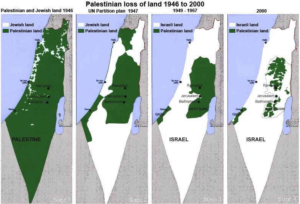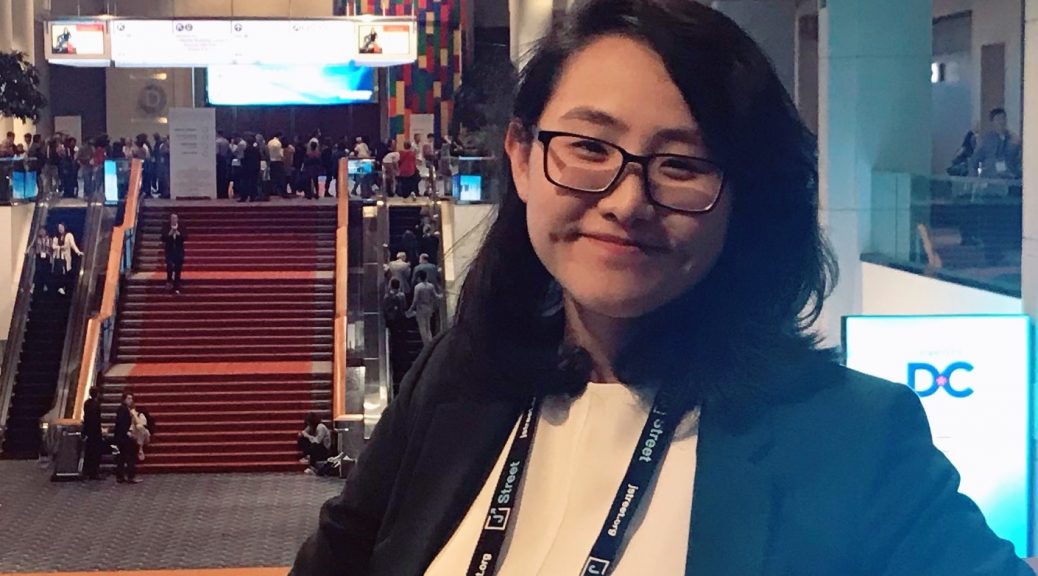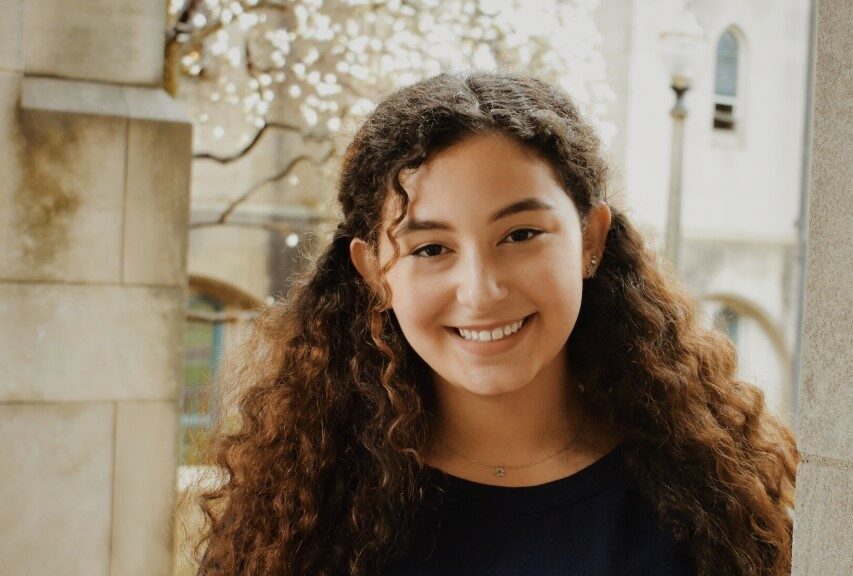by Deni Budman (COM ’20)
Classes like JS286 / HI393 Israeli-Palestinian Conflict are hard to come by. The course topic presents a unique challenge: how to teach an international conflict in an engaging and unbiased way. The way it is taught at BU does just that.
The history of the conflict in the Middle East is taught with conflicting narratives using primary sources and film. It is a blend of historical context and contemporary political analysis. Throughout the course, students present their own reflections on the conflict and debate possibilities of resolution.
Professor Nahum Karlinsky, who has taught the course for several years, has mastered the art of pushing his students to come to their own conclusions; supported, of course, with all the necessary background knowledge to make informed decisions.

David Tay (COM ‘22), a student in the current spring 2020 course, says, “One of the biggest realizations that I’ve come across is that this conflict is incredibly hard to define in American political terms. With most topics debated in America, it comes down to a Republican perspective and a Democratic perspective. The Israeli Knesset alone has dozens of parties, and that’s not including the dozens of different Palestinian and Arab groups who are also stakeholders, but aren’t necessarily represented in the Knesset. There have been several times where I caught myself trying to put historical events into two-sided conflicts when in reality, it’s never actually that simple.”
Practically every student who’s taken the course agrees that one of the best parts of the class is the environment of discussion. Students break up into small groups to dissect assigned readings, and they are often surprised to see how others interpreted the same text differently. These discussions culminate at the end of the course in a staged peace conference.
Dynnor Shebhsaievitz (CAS ‘20), another current student, enjoyed being able to learn about the conflict from a historical perspective as opposed to the emotional perspective she knew from before. She chose this class because she “felt that would help me shape my own opinion while learning to respect others.”
When asked why students should take this course, Professor Karlinsky joked that they should take other more fun courses such as cooking classes. But, “If they want to learn about one of the most contentious and well-known conflicts in our contemporary world, from both Palestinian and Israeli perspectives, in a balanced, informed but also engaging (so I hope) manner, they should sign up, now!”
We agree. Sign up for JS286 and other Jewish Studies classes for the Fall 2020 semester!
More info about Jewish Studies course HERE
And HERE is all you need to know about which Jewish Studies course fulfill which HUB requirements.
JS286 / HI393 counts toward majors and minors in History, International Relations, Middle East & North Africa Studies, and Jewish Studies. The course fulfills a single unit in each of the following BU Hub areas: Historical Consciousness, Global Citizenship and Intercultural Literacy.



